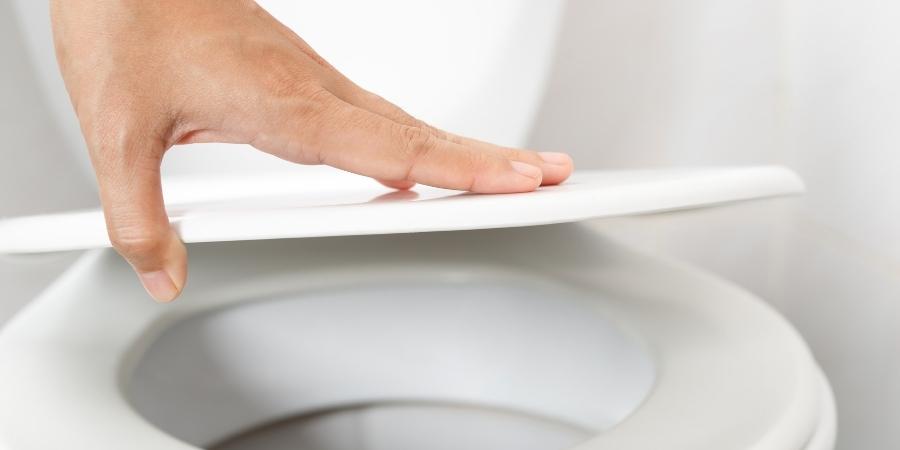As with humans, cleaning products can be very harmful to our pets. Some products may cause burns on their skin or in their throat and stomach (if swallowed) or other symptoms, such as vomiting, diarrhoea or incoordination, all of which are unpleasant and distressing for both your pet and for you as their owner. When a pet is exposed to such harmful ingredients, they’re at risk of suffering long term damage or even death.
Whilst we know that cleaning products can be dangerous and must be used carefully, our furry friends can’t read the warnings on the labels so they rely on us to keep them safe. Here are some of our vet’s top tips for protecting your pet from toxic cleaning products:
Use pet-safe cleaning products
Pet-safe cleaning products should contain ingredients that are safer than standard cleaning products and less likely to harm our precious pets – but it’s still worth checking exactly what is in them. There are plenty of pet-safe cleaning products available to buy including carpet shampoo, stain removers, and laundry detergent, just remember to follow the manufacturer’s instructions.
If you’re looking for a more natural alternative, some staple household items – such as baking soda, vinegar, and lemon juice – double up as great cleaning products that are both kinder to the environment and our four-legged friends!
Always follow the instructions
You should always follow the instructions listed on the packaging before using any cleaning product. Chemical-based cleaning products, such as bleach, will often need to be diluted with water first. As pet owners, this is a particularly important step to take; reducing the concentration of the product will help to lower the risk to your pet.
After you’ve used a cleaning product, always wipe down the area with clean water to remove any excess product that may otherwise linger.
Keep pets out of harm’s way
To prevent your four-legged friend from coming into contact with any cleaning products, it’s best to keep pets out of the room while you’re mopping floors or wiping down surfaces. Only allow them back into the room once everything has dried!
Practice good habits

Learning good habits will minimise the danger for your pets. Mop buckets should always be emptied and rinsed out to remove any traces of bleach or other chemicals. After putting any cleaning product down the toilet, be sure to close the lid so your pet can’t drink from it. If you use a toilet block regularly, get into the habit of always putting the toilet lid down and keeping the toilet door closed – this way, your pet has no chance of coming into harm’s way.
Store products away from paws’ reach
All cleaning products and chemicals should be stored securely and away from your pets. If you’ve got a cheeky pet who has mastered the skill of opening a cupboard door all by themselves, use a childproof lock to make sure they can’t get in!
Insure your pet with PDSA Pet Insurance

Accidents can happen in an instant and our pets deserve the right treatment when things go wrong, but vet bills can be costly. Should the worst happen and your pet suffers an unexpected illness, it’s important to have pet insurance in place to help protect you from vet bills.
With PDSA Pet Insurance, every policy sold contributes to our life-saving work.
Signs your pet has been exposed to cleaning products
If your pet has come into contact with a cleaning product, they may experience the following:
- Ulcers or sore looking skin on their paws, inside their mouth or on their tongue
- Being sick
- Coughing much more than usual
- Collapsing
- Fatigue
- Trouble eating
- Dribbling or foaming at the mouth
- Rubbing their face and mouth with their paws.
If your pet is displaying one or more of these symptoms, you should ring your vet straight away.
You should give your vet as much information as possible about what your pet may have been exposed to as this will help them to quickly identify the right treatment. If you know the exact product, take the packaging with you and hand it to the vet.
Bootsie’s story
When Bootsie drank bleach from a toilet, he immediately became very poorly. His owner found him lying lifeless on his blanket, dribbling, and making strange noises, so they rang PDSA straightaway for help. Bootsie was rushed to our Leicester Pet Hospital for emergency treatment.
Our team of vets carried out many tests to rule out other conditions before giving Bootsie intensive treatment for exposure to bleach. He had severe throat burns and ulcers in his mouth and needed to stay in hospital for several days before he was ready to go home.
Thankfully, Bootsie made a full recovery, but his story shows just how important it is to keep our precious pets away from the dangers of cleaning products.
